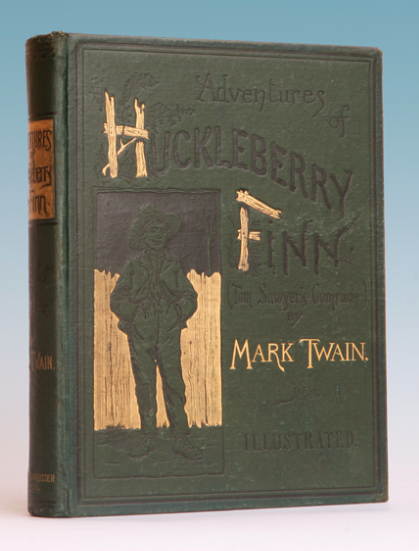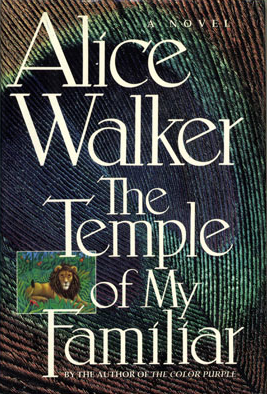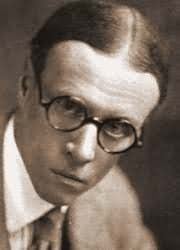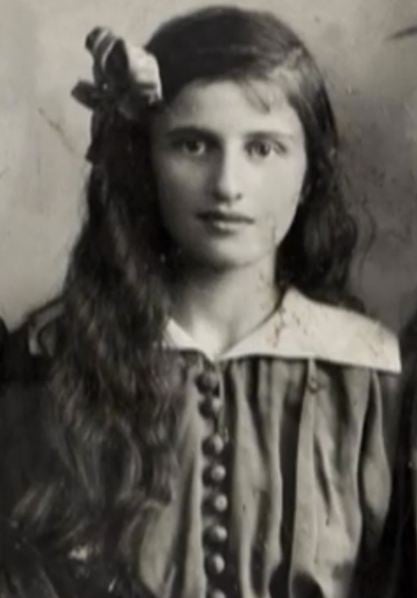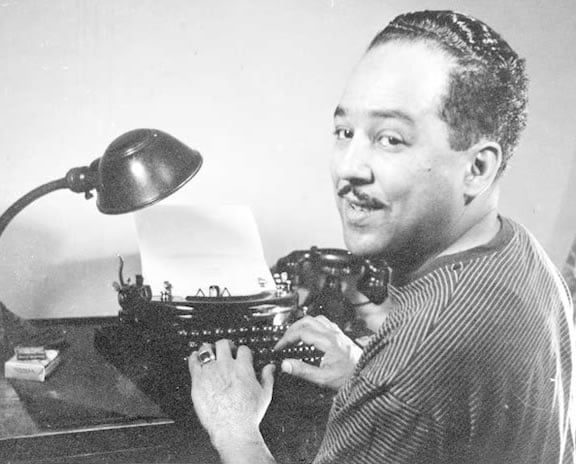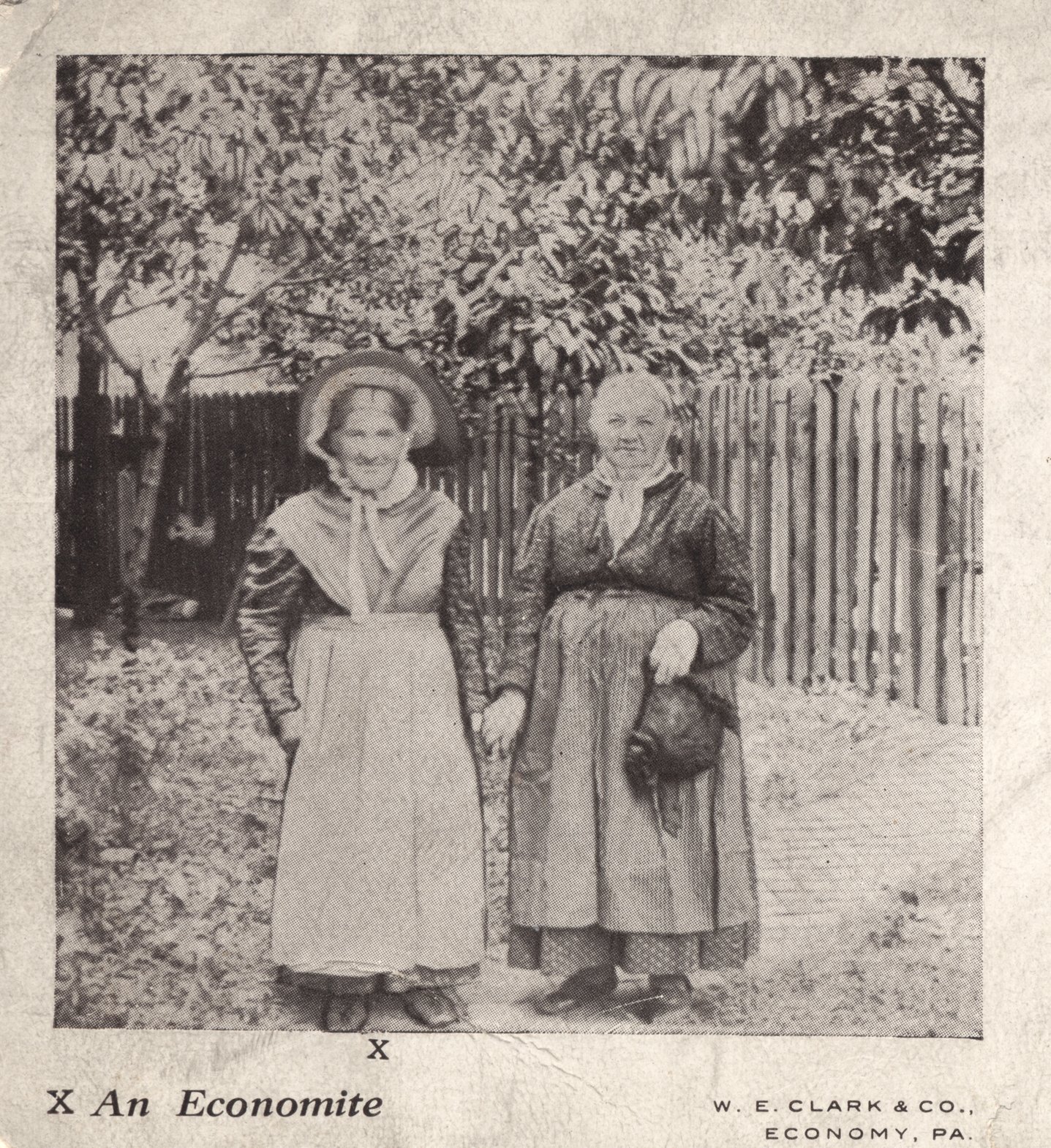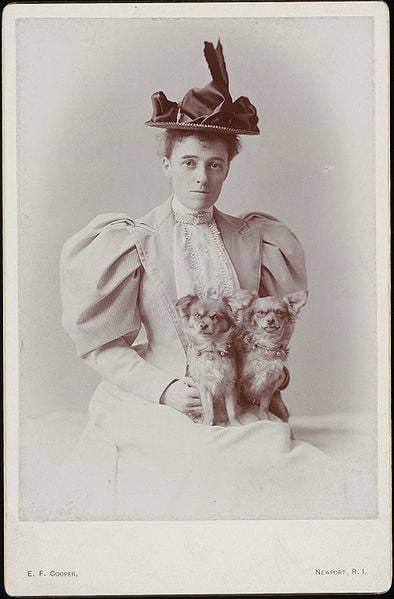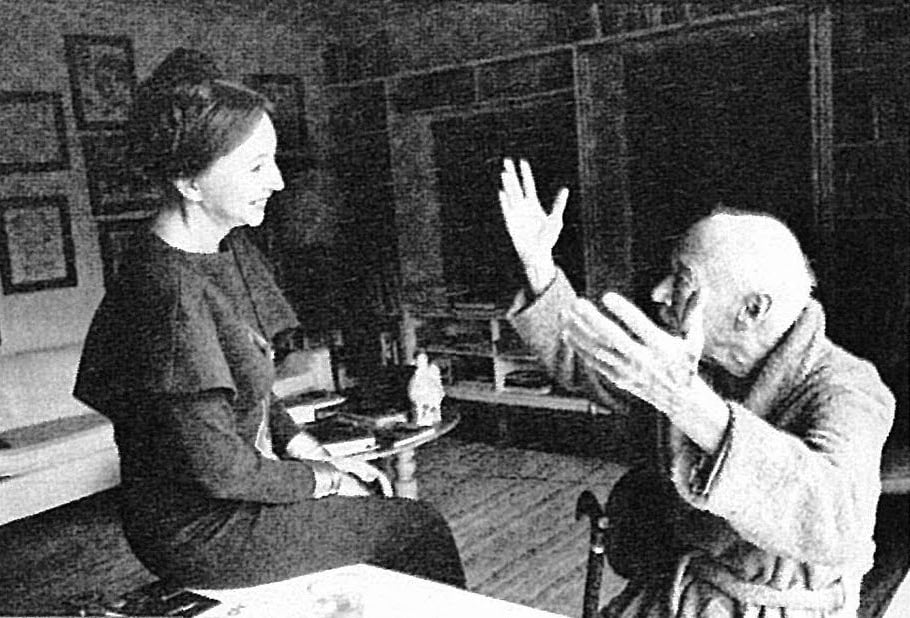The Adventures of Huckleberry Finn by Mark Twain has long been considered an invaluable work of literature – some even declaring it THE great American novel. Students pore over it in the classroom; lovers of classic literature read it, and reread it, and reread it again; and book collectors dream of adding rare editions to their libraries.
Although Twain’s story manages to capture a long-passed time period while also exploring themes relevant to today’s society, books of a certain age rarely make the headlines of our newspapers. They are seen as time capsules, set in stone just as they are. But the final word on Huckleberry Finn has yet to be spoken.
us toll free: 1-800-948-5563 international: +1 (843) 849-0283 UK: +44 (0) 1334 260018




